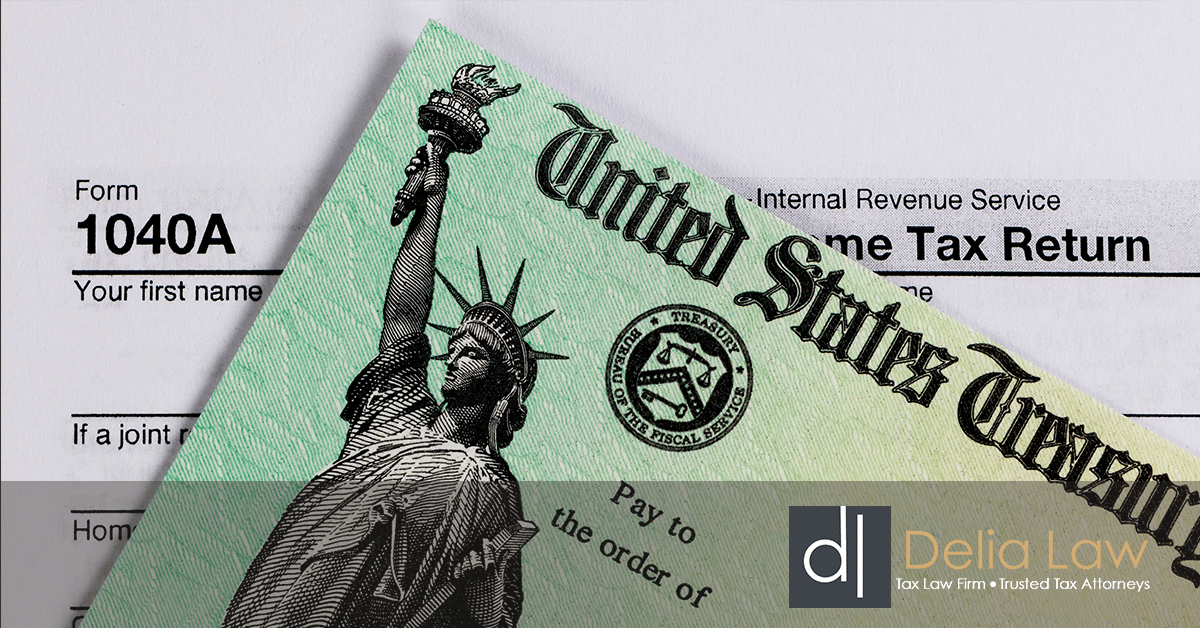Is tax debt forgiveness really possible? Yes, but under certain circumstances. If you can’t afford to pay your tax liabilities, the IRS debt forgiveness program offers you an opportunity to have your tax debt partially forgiven. To determine whether you qualify for this program, the IRS will assess your present financial situation first to ensure they don’t collect more than you can reasonably pay. The worse your financial outlook is, the more tax forgiveness you’ll be offered.
Despite the IRS being pretty harsh when it comes to collecting back unpaid taxes, they will not collect taxes if any of their collection activities would force you into a possible financial crisis. To understand how the debt forgiveness program works, we’re going to look at a few things, including the IRS Fresh Start Initiative and qualifications for it.
Pay Less Than You Owe With Offer in Compromise
There are different ways in which IRS debt forgiveness works. No matter what program you end up choosing, you’ll have to prove to the IRS that you can’t afford to pay back what you owe them. One of the most popular forms of tax forgiveness rides on the IRS Offer in Compromise program. This option allows taxpayers who can’t pay their taxes due to financial struggles to pay a percentage of their outstanding tax debt.
If the IRS agrees to an Offer in Compromise, you’ll only pay a portion of the tax debt. Working with an experienced IRS tax resolution attorney to help you submit a comprehensive Offer in Compromise and qualify for IRS debt forgiveness is advisable.
Apply for the IRS Fresh Start Initiative
The IRS also offers a Fresh Start Initiative Initiative that offers taxpayers a variety of financial assistance benefits that are focused on debt forgiveness. The program was expanded to be more accommodative to taxpayers who are really struggling to pay back taxes.
The program makes it easier for you to afford IRS tax payments and get access to different IRS debt forgiveness options. To qualify for the IRS Fresh Start Initiative, consider these qualifications:
- Prove to the IRS that you don’t have the finances or assets to pay your tax debt
- File all tax returns you’re legally supposed to file even if you can’t afford to pay them
- Make all the required estimated tax payments you owe the IRS for the current year (Applies to self-employed individuals and small businesses owners)
- Make all the required federal government tax deposits if you own any type of business with employees
- Not be in an open bankruptcy proceeding
What’s Next When You Owe Tax Debt?

If you think you qualify for the above IRS debt forgiveness program, you should consider talking to a knowledgeable tax resolution attorney to help you determine if the Fresh Start Initiative best suits your financial circumstances. To negotiate the best deal possible with the IRS, our federal tax attorneys at Delia Law are here to help you secure the very best IRS tax relief solution you can get.
Contact us for a no-cost consultation in San Diego at (619) 639-3336 or in Los Angeles at (310) 494-0100.




